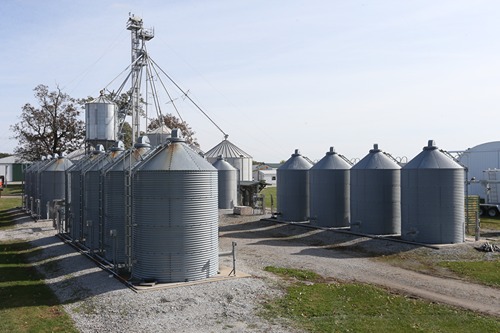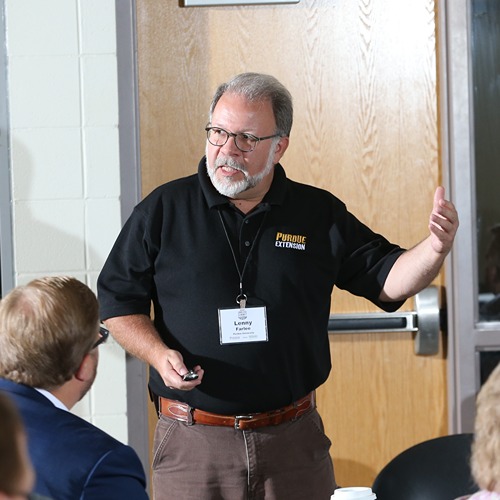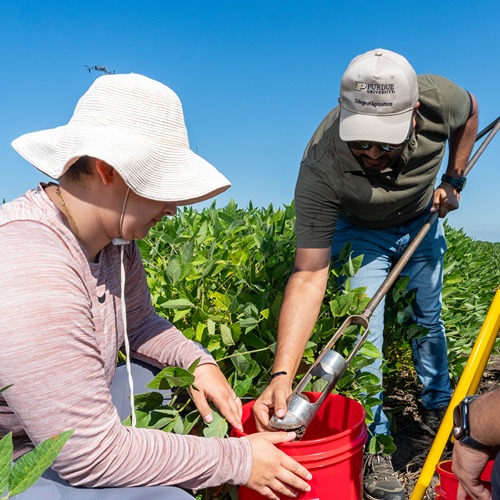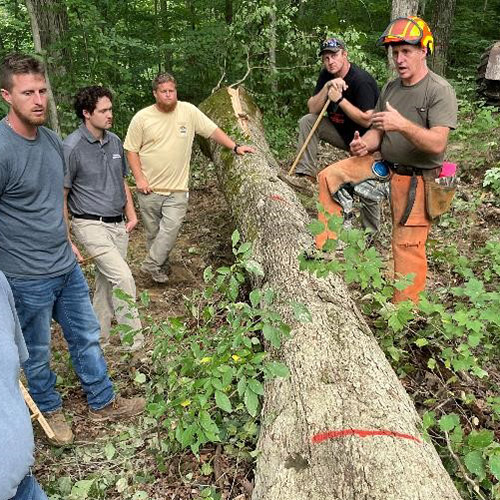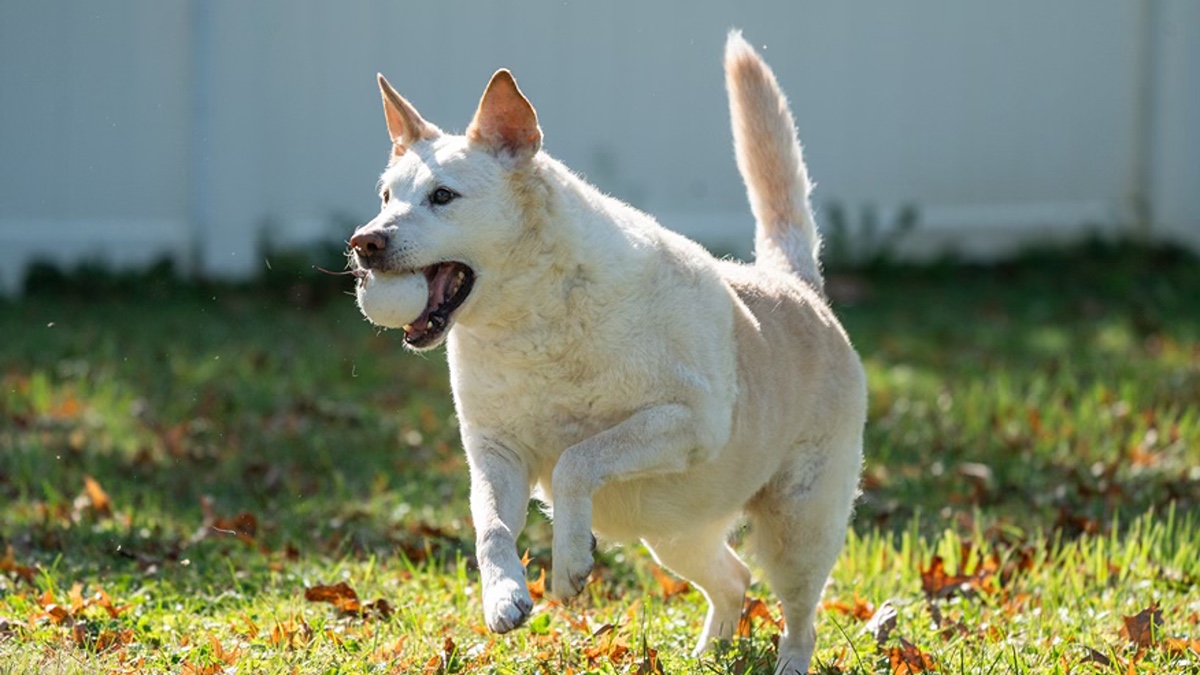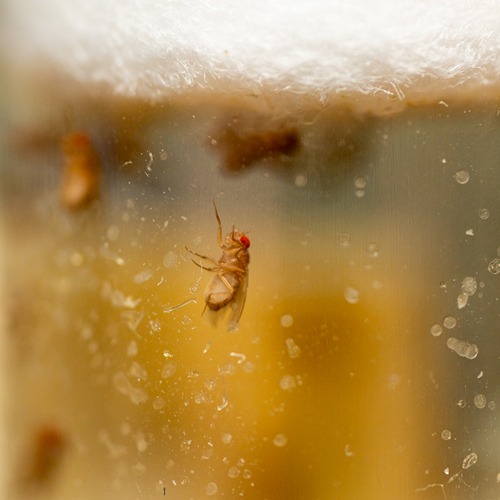About the feature
Many people are involved in the remarkable range of programs, services and facilities that undergird research in the College of Agriculture. Collectively they’re integral to the college fulfilling its research mission. “Behind the Research” explores their individual roles. Each academic year, we profile six people whose work supports the College of Agriculture’s global reputation for developing innovative, multidisciplinary solutions to challenges and then putting those solutions into action.
Kwok Ki Ho, Associate Research Scientist, Department of Biochemistry
- Contributes to teaching students and influencing future scientists with hands-on guidance and one-on-one mentorship.
- Is working toward a biochemical molecular protocol by using a mutant of Arabidopsis thaliana called PICKLE (pkl) to demonstrate that some proteins called chromatin remodelers can act as assembly factors.
- Has co-authored journal articles on chromatin remodeling published in The Plant Cell and Biochimica et Biophysical Acta (BBA) Gene Regulatory Mechanisms.
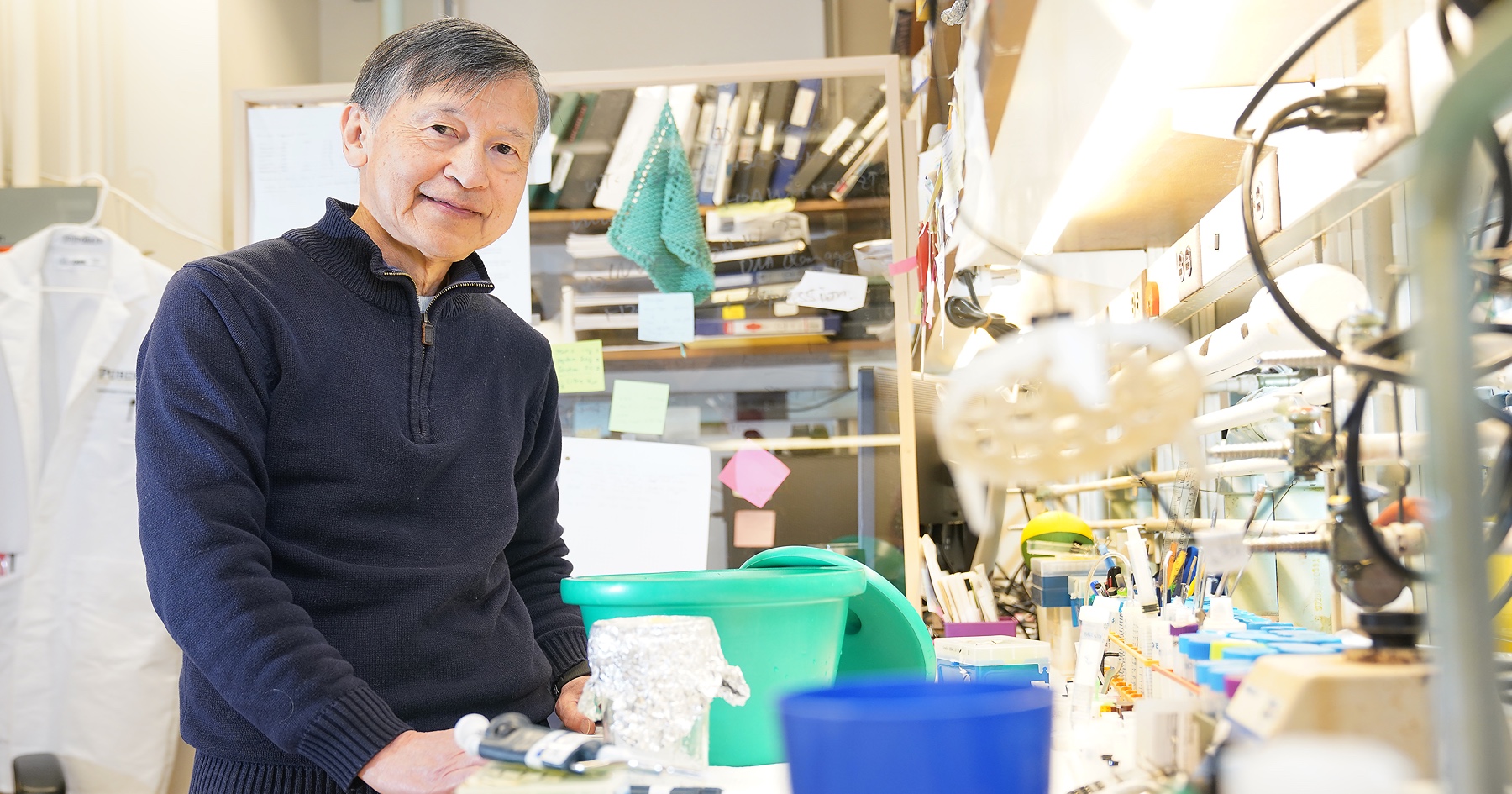
Kwok Ki (KK) Ho calls himself a lucky man, while acknowledging that “luck” is more often the result of diligence. “I always tell my kids, if you work hard, you will get a reward,” he says.
Ho is an associate research scientist in the lab of Joe Ogas, professor of biochemistry, which focuses on regulation of gene expression related to plant growth and development.
Raised in Hong Kong, Ho followed an older cousin to SUNY, Plattsburgh for undergraduate study. A strong recommendation from his dean then led him to Purdue, where he earned a graduate degree in biochemistry and met his wife — “a stroke of luck,” he says.
After graduating, the couple lived in Singapore, where Ho could be closer to family. “I taught for awhile, but I also missed my research,” he says. He wanted to work in the emerging field of molecular biology so sought opportunities in the U.S., his wife’s home country.
Another stroke of luck: A former professor in Purdue’s biochemistry department recruited Ho to his research group in 2001. Ho worked in that lab before joining Ogas’s lab in October 2009.
Ho spends most of his time at the bench doing biochemical and molecular biology experimentation related to current grant funding. “The attraction was bench work,” he says. “I enjoy the challenge because the work that I most deal with is something that I have to generate — biomolecules that you cannot purchase or pick off the shelf. Very often they are not easy to acquire, so I have to do all types of molecular tricks and teach bacteria or plants to produce them.”
These biomolecules are used in downstream applications. For example, Ho might try to generate certain biomolecules that are constituents of a nucleosome. The researchers then use this nucleosome to study a particular molecular process.
“In order to get an experiment or a particular technique to work, you have to a lot of planning, and you do have a lot of research,” he says. “I still find it fascinating, with all the new techniques that I have to learn to keep me constantly in touch with science and development.”
“KK has played a key role in driving my research program forward,” Ogas says. “He is a consummate and creative biochemist who has brought a number of new approaches into the lab. In addition, KK is a wonderful mentor who promotes the success of all trainees in the lab, both undergraduate and graduate.”
Ho especially enjoys working with students: “I like to associate with young people and exchange ideas and pass on what I have learned to them. They may have learned from a textbook, but they don’t have hands-on experience, and I can pass on that experience to them. Nowadays students want instant results, but they need to realize that you need patience, and need to have people to guide them.”
Many researchers can likely relate to Ho’s greatest challenge on the job: the unpredictability of research results. “You nail the process down, and then you find out it doesn’t work,” he says. Ho takes his frustration in stride, regroups, and talks to Ogas or others who might help him troubleshoot the problem. “It’s challenging, but I enjoy that,” he says.
“My position allows me to actually learn and maintain my interest about science, and this is something I love,” he says. “My job allows me to enjoy myself in a way that keeps my mind working.”
